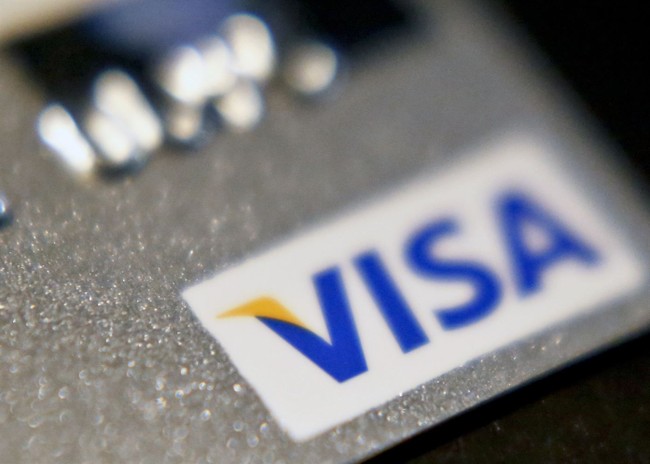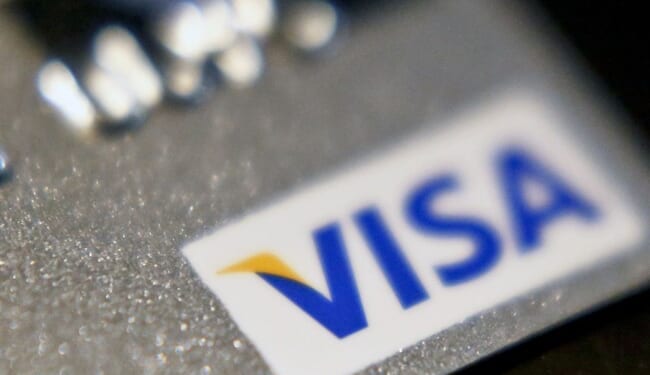
When the economy is going well, people buy a lot on credit and keep current with their credit card debt.
When the economy stinks, people still buy a lot on credit but fall behind in their payments. By that measurement, we’re in a lot of trouble.
The Federal Reserve Bank of Philadelphia published a study showing that the rate of credit card delinquencies — 30, 60, and 90 days past due — rose to a level not seen since 2012. And it gets worse.
“Fourth quarter 2023 featured the worst card performance in the series,” the report said. “All stages of account-based delinquency reached series highs. Only the 90+ balance-based rate was under its series high, set over a decade ago.”
Nearly 3.5% of cardholders were at least 30 days past due in December, an increase of 30 basis points from the delinquency rate of the previous quarter. The number of accounts that were 60 and 90 days past due also rose.
Another indication of trouble is that the share of card members making the minimum payment rose 34 basis points from the third quarter.
Banks are reining in their credit card programs while giving out fewer credit line increases and reducing credit lines more frequently. If this trend continues, the record number of delinquencies will turn into a record number of defaults.
The rise in credit card usage and debt is particularly concerning because interest rates are astronomically high right now. The average credit card annual percentage rate, or APR, has been holding steady at a record-high of 20.75% last week, according to a Bankrate database that goes back to 1985. The previous record was 19% in July 1991.
If people are carrying debt to compensate for steeper prices, they could end up paying more for items in the long run. For instance, if you owe $5,000 in debt — which the average American does — current APR levels would mean it would take about 279 months and $8,124 in interest to pay off the debt making the minimum payments.
The rise in delinquencies comes in the wake of the Federal Reserve’s aggressive interest rate hike campaign designed to crush stubborn inflation and cool the economy.
The Fed was all set to begin cutting interest rates half a percent at a time in March. But the inflation figures for the last few months have shown that the beast has not been slain as of yet. Now, instead of four rate cuts this year, the Federal Reserve may only allow for three. That almost guarantees continued high interest rates for credit cards through the end of the year.
Seeing that Americans are struggling to pay their credit card debt on time, Joe Biden is riding to the rescue by putting a cap of $8 on late fees. Our president never misses a trick to make our life easier, does he?
The Consumer Financial Protection Bureau’s new regulations will set a ceiling of $8 for most credit card late fees, or require banks to show why they should charge more than $8 for such a fee. The effort will save Americans up to $10 billion a year, the agency estimates.
The push comes a year after President Joe Biden vowed to ban junk fees in his 2023 State of the Union address, calling them “unfair.” Junk fees generate big money for businesses, ranging from airlines to financial services firms, with consumers paying at $90 billion annually in excessive charges, the White House said on Tuesday.
“In credit cards, like so many corners of the economy today, consumers are beset by junk fees and forced to navigate a market dominated by relatively few, powerful players who control the market,” said Rohit Chopra, director of the CFPB, in a statement.
That’s true. But those “junk fees” wouldn’t be assessed if you pay your damn bill on time. And if you can’t pay your bill on time, perhaps you’ve taken on too much debt and whose fault is that?
I’m an old man and clearly out of step with the times. It’s just not fashionable anymore to pay what you owe on time and in full.
Imagine that.

